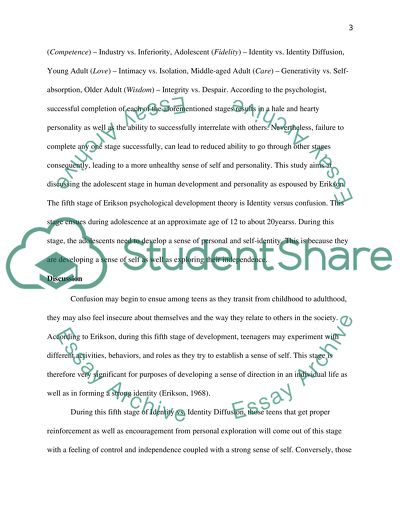Cite this document
(“Erik Eriksons Psychosocial Model of Development Research Paper”, n.d.)
Erik Eriksons Psychosocial Model of Development Research Paper. Retrieved from https://studentshare.org/psychology/1443628-development-based-on-erik-eriksonyies-psychosocial
Erik Eriksons Psychosocial Model of Development Research Paper. Retrieved from https://studentshare.org/psychology/1443628-development-based-on-erik-eriksonyies-psychosocial
(Erik Eriksons Psychosocial Model of Development Research Paper)
Erik Eriksons Psychosocial Model of Development Research Paper. https://studentshare.org/psychology/1443628-development-based-on-erik-eriksonyies-psychosocial.
Erik Eriksons Psychosocial Model of Development Research Paper. https://studentshare.org/psychology/1443628-development-based-on-erik-eriksonyies-psychosocial.
“Erik Eriksons Psychosocial Model of Development Research Paper”, n.d. https://studentshare.org/psychology/1443628-development-based-on-erik-eriksonyies-psychosocial.


